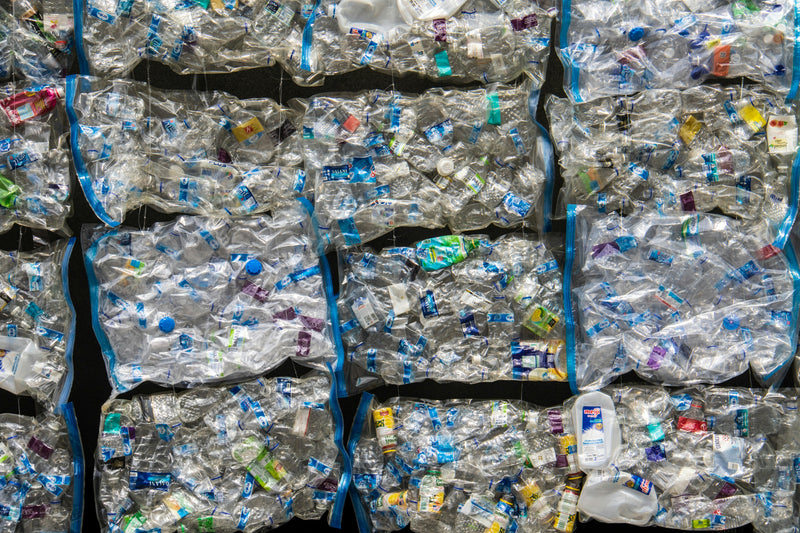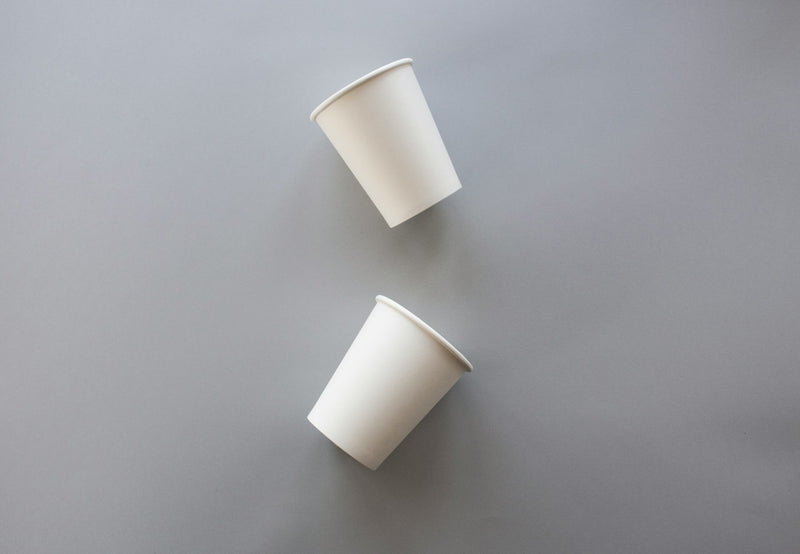You may be unaware, but there’s a heated battle of bacteria churning heads around the world.
And that’s the debate of unpasteurized vs. pasteurized foodstuffs.
Let's separate the cream from the controversy as we delve into the differences between unpasteurized vs. pasteurized food and beverages.
What is pasteurization?
Pasteurization is a method of heating food or beverages to a specific temperature for a set duration to kill potentially harmful bacteria, pathogens, and other microorganisms.
Commonly associated with dairy products, unpasteurized food can include raw milk, cheese made from raw milk, fresh juices, and other types of fermented foods. Unpasteurized foods retain their natural bacterial flora, which some argue offers health benefits, such as aiding digestion and supporting the immune system.
Proponents of unpasteurized foods say that the pasteurization process significantly reduces the nutrient content of milk — a claim that the FDA disputes.
Growing market
Despite warnings from public health officials, unpasteurized milk consumption is growing. Almost 5% of U.S. adults consumed raw milk at least once in the past year, according to a 2022 consumer report — up from about 4% in 2019.
That growth is driven partially by more states relaxing laws on the sale of unpasteurized milk. But there have also been meaningful cultural shifts, including influencer endorsements, skepticism of public health agencies, and growing distrust in the industrialized food system.
The main claim propelling raw milk is that it's a healthier, more nutritious option than pasteurized dairy. While pasteurization lowers the levels of vitamins, many health experts agree that the difference is blown out of proportion.
Health questions
Raw milk advocates claim it’s easier to digest and helps treat or prevent health conditions like asthma, allergies, eczema, and respiratory infections. Public health authorities, however, say that there’s no evidence to support these claims.
Health officials also say that the risk of drinking raw milk far outweighs any reward you could obtain from consuming it. There are a plethora of bacteria, researchers say, that could cause harm, including, Shiga toxin-producing e-coli, campylobacter, salmonella, or listeria.
The FDA says you’ll still get the same health benefits of drinking pasteurized milk as you would with raw milk — without the risk of vomiting, diarrhea, or kidney disease. Young children, the elderly, and people with weakened immune systems have a greater chance of getting ill from drinking raw milk, the FDA notes.
The legality
Federal law prohibits the interstate sale of unpasteurized food except for certain cured cheeses. State laws on unpasteurized food, however, vary widely.
27 states — including the populous states of California and Pennsylvania — allow the sale of unpasteurized dairy products within regulations. Only four states have outright banned the sale of unpasteurized milk for human consumption, including Florida and New Jersey.
Making your own unpasteurized food is legal across the U.S., so feel free to splurge on that dairy cow you’ve been eyeballing.




